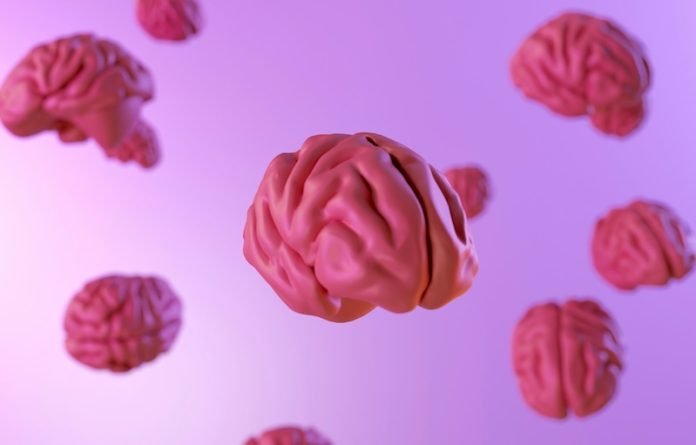
In simple terms, a group of young scientists from Rutgers University has found that a new drug, which they call Yoda1, could be a big help in fighting diseases like Alzheimer’s.
This discovery is quite exciting because it deals with a part of the brain that’s only recently been understood—the brain’s waste removal system.
Imagine your brain has its own special cleanup crew that works around the clock to get rid of waste and harmful toxins.
This cleanup system is super important for keeping the brain healthy and working right. But in some diseases, like Alzheimer’s, this system doesn’t work as it should, which can lead to problems.
The story begins with the brain’s lymphatic system, which is kind of like the brain’s drainage system. It’s a network that helps carry away waste and toxins.
Even though scientists have been studying the brain for a very long time, they only recently discovered this system. It turns out, it plays a big role in diseases that affect the brain, such as Alzheimer’s.
The Rutgers team, led by Max Tischfield, looked into a condition called craniosynostosis. This condition makes the skull too tight, which can mess up the brain’s drainage system. They found that this extra pressure harms the brain’s ability to get rid of waste.
Then, they discovered that Yoda1, a special drug, could help with this problem. Yoda1 works by activating something called Piezo1, which helps reduce the pressure in the skull. This allows the brain’s cleanup crew to do its job properly.
They tested Yoda1 on mice that had a similar condition to craniosynostosis and found that it really helped. Not only did it reduce the pressure, but it also made the brain’s waste removal system work better.
This was true for both young mice and older mice, making the older mice’s brain systems look young again.
This is a big deal because the buildup of waste and toxins in the brain is a key factor in Alzheimer’s disease. If Yoda1 can help the brain clean itself properly, it might be a way to fight against Alzheimer’s and other similar diseases.
The idea that the brain has its own lymphatic system is still pretty new. Only in 2015 did scientists confirm that the brain has this special cleanup system.
Before that, even though scientists had studied the brain a lot, they hadn’t noticed these lymphatic vessels. Now, understanding this system could be a key to solving some big puzzles about brain diseases.
Yoda1 hasn’t been tested in humans yet, but the possibility that it could help with Alzheimer’s is exciting.
Alzheimer’s and other forms of dementia are becoming more common as people live longer. Finding new ways to treat or prevent these diseases is a big challenge for scientists.
The Rutgers team’s next steps are to figure out exactly how Yoda1 helps the brain’s cleanup system. They want to know if it’s directly affecting the cleanup crew or if it’s doing something else that helps.
This research is a bright spot in the search for treatments for brain diseases. It shows how understanding more about the brain’s own systems can lead to new ideas for keeping the brain healthy as we age.
If you care about brain health, please read studies about vitamin D deficiency linked to Alzheimer’s and vascular dementia, and extra-virgin olive oil could boost brain function.
For more information about brain health, please see recent studies about antioxidants that could help reduce dementia risk, and strawberries could help prevent Alzheimer’s disease
The research findings can be found in the Journal of Clinical Investigation.
Copyright © 2024 Knowridge Science Report. All rights reserved.



